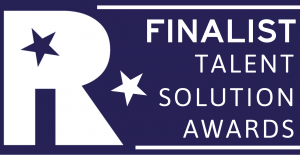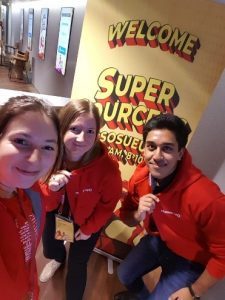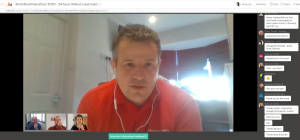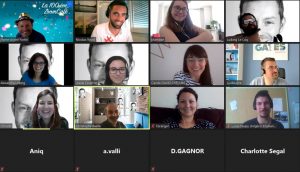Hudson RPO has been shortlisted as a finalist for the 2020 TIARA Talent Solutions Awards in the following categories:
The Best Early Career Initiative – working with Toyota Motor Europe
The Client Service Award – working with Sharp
The Long-Term Partnership Award – working with PayPoint

“All 21 finalists shortlisted for the TIARA Talent Solutions Awards are an inspiration to the industry,” said Ken Brotherston, Managing Director of TALiNT Partners. “These world-class companies have demonstrated the value and impact for employers looking for a form of outsourced hiring support in what is the most challenging market ever.’’
“The TIARAs are distinguished by the rigour of its judging process and the quality of its judging panel,” he added. “Entries have been assessed through five key metrics: excellence in delivery; innovation; sustainable value; business growth; and purpose.”
Darren Lancaster, CEO for EMEA & Americas Hudson RPO, said: “Naturally, we are thrilled that the hard work and dedication of our teams has been recognised by such an esteemed judging panel. I am hugely grateful to all of our teams that have worked together through these uncertain times and want to congratulate those that have been named as a finalist. As we return to the new working environment I am confident that the qualities highlighted in our Case Studies will position us well to support both our current and new clients in the future”.















